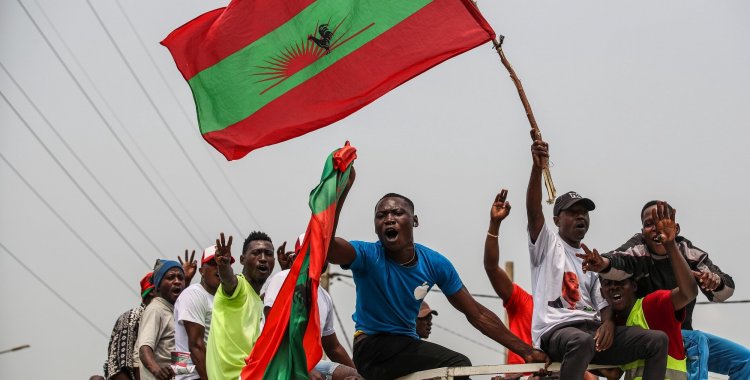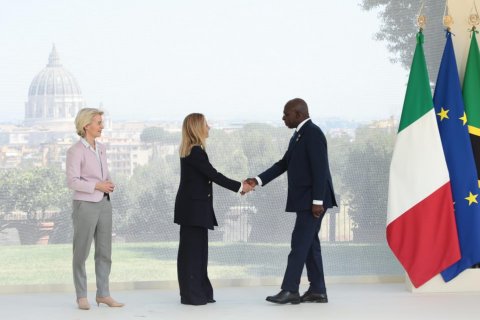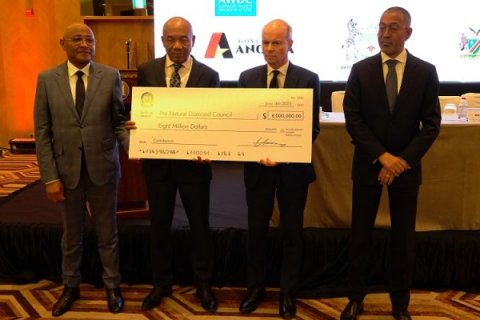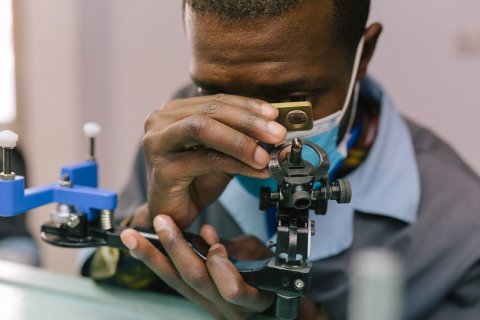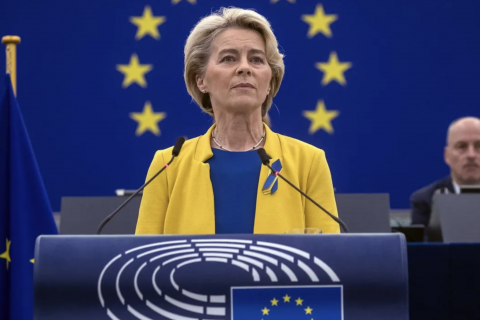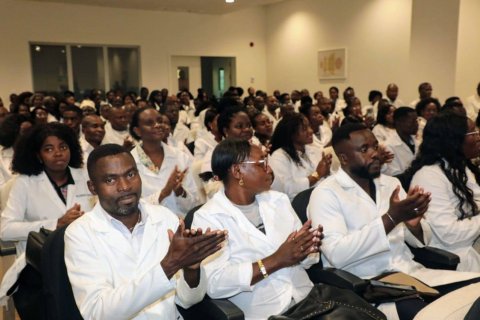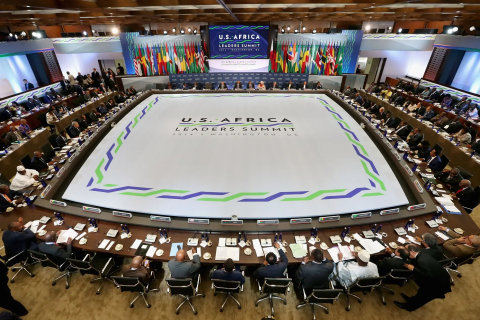For Luís Jimbo, the intention of the National Union for the Total Independence of Angola (UNITA), which wants to resort to international organizations to assess the transparency and fairness of the elections of last August 24, is not really a judicial appeal.
"There is no international court that examines electoral processes from other countries. In fact, they are mechanisms of pressure, of international lobbying", to "use as a space for pressure" in joint forums to which Angola is a part", said the executive director of the Angolan Institute of Electoral Systems and Democracy (IASED), in statements to Lusa.
Luís Jimbo specifically referred to the Centro Democrática do Centro, an organization of which UNITA is a part and which brings together several parties from the center-right political spectrum: "it has space in the European Union and lobbied strongly during the organization process electoral process and that is how, politically, in the international context (pressure) is carried out".
The president of UNITA asked, on Monday, for a judicial inspection of all electoral records held by the National Electoral Commission (CNE) and political parties, in order to confirm their authenticity.
In a statement on the electoral process, after the elections on 24 August, Adalberto da Costa Júnior also proposed comparing the minutes held by the various candidates with those of the National Electoral Commission and pointed out discrepancies of more than 500 thousand votes, which, according to , changes the results announced by the CNE in favor of the National Union for the Total Independence of Angola (UNITA).
UNITA filed an appeal, initiating an electoral dispute with the Constitutional Court (TC), pointing out alleged "irregularities in the process", and admitted to resorting to international bodies "once Angolan law has been exhausted".
Luís Jimbo, the TC is the last instance of internal appeal and says that the electoral process is an act of sovereignty: "Because the act of voting is a process in which we express our sovereignty and it ends in the sovereign territory", he justified.
"We don't take a sovereignty issue abroad, in the same way that I have always defended that Indra (Spanish company that manages Angolan electoral logistics) should not come to deal with a sovereignty issue within the CNE", he added.
But in this case, he pointed out, "the TC is the last resort and even the court has limits in dealing with a purely political issue, which is the legitimation of political power."
"The court cannot be the one to say it was worth it or not, there must be mechanisms that ensure that the citizen who is going to vote and the politician who is a candidate are not harmed, there must be justice and swift mechanisms", he pointed out.
The IASED leader also said that the court "cannot question the sovereignty of all, because it knows that sovereignty is indivisible".
This specialist in electoral matters and who was an observer of the August 24 elections also pointed out that the TC, in the form in which it presents itself as an electoral court, "does not have the right mechanisms to do electoral justice".
"This is another problem that we have, our electoral justice system needs to be deeply discussed to address the concerns of candidates and voters", he stressed.
As long as this body does not have the aforementioned mechanisms, he continued, "we will have this type of problem that, in this case, UNITA feels, that the court cannot solve the problem and then it will carry out political diplomacy and social pressure".
Last week, CNE president Manuel Pereira da Silva released the final tabulation minutes of the August 24 general elections, which proclaimed the MPLA and its candidate, João Lourenço, as winners with 51.17 percent of the votes. , followed by UNITA with 43.95 percent.
With these results, the MPLA elected 124 deputies and UNITA 90 deputies, almost double the 2017 elections.
João Lourenço should be sworn in on the 15th of September and a day later the elected deputies take seats in the National Assembly.

